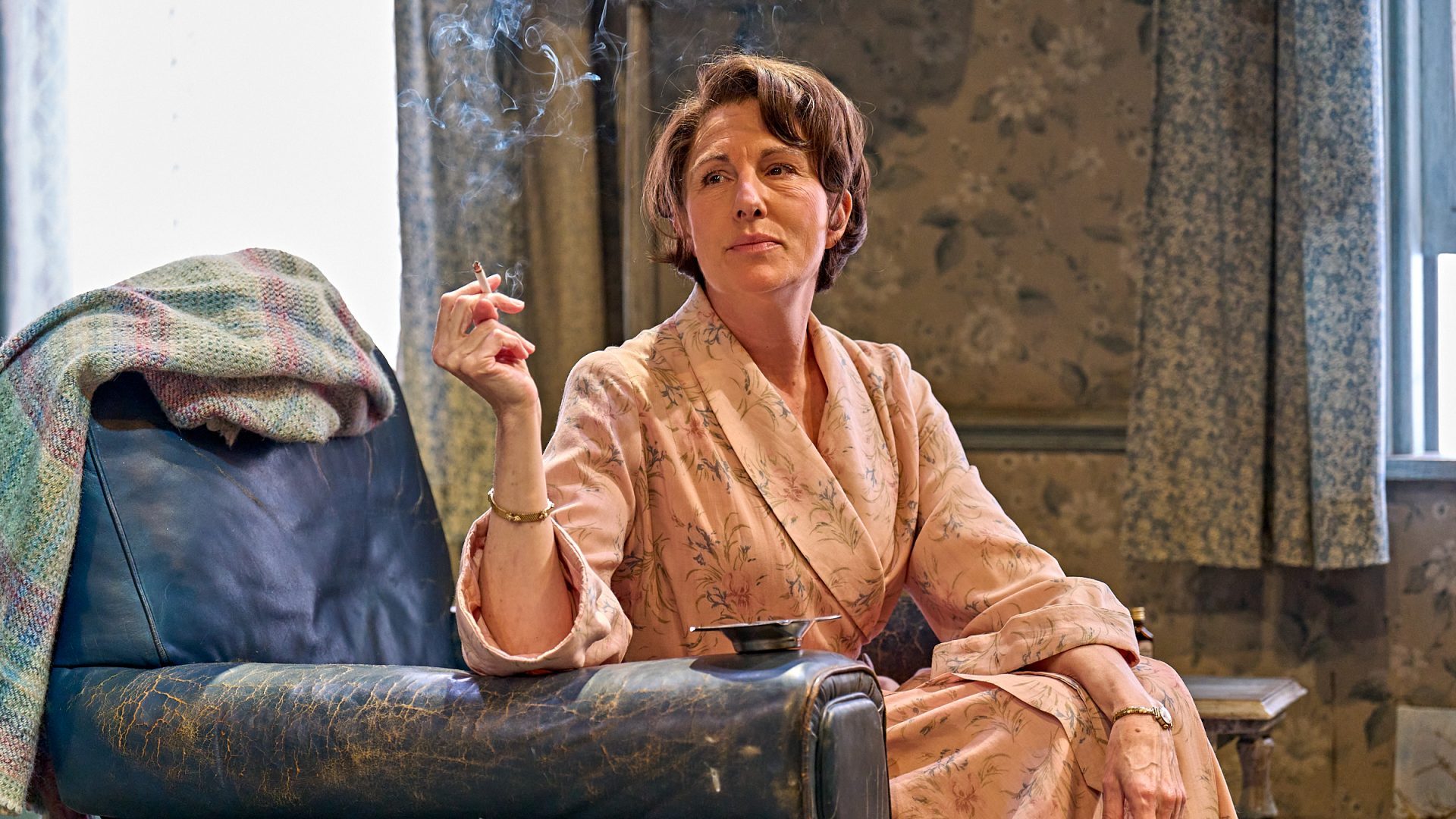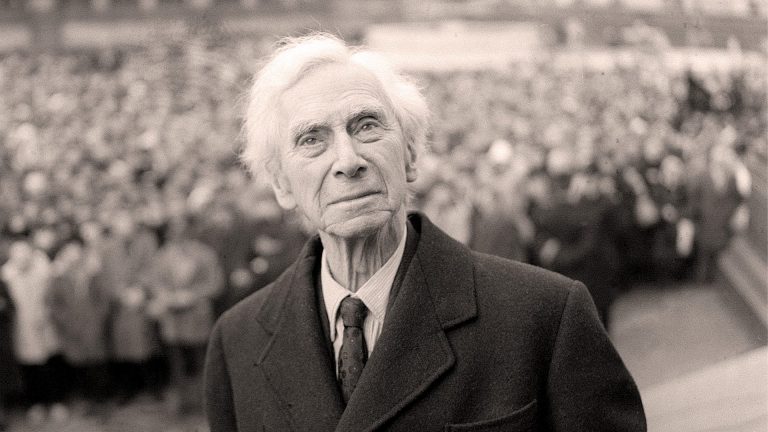The Deep Blue Sea
Theatre Royal Haymarket, London, until June 21
In theatre and in our world generally, there is a visceral horror of silence that now seems to be more pronounced than ever. Given what’s happening around us, maybe we just don’t want too much time to dwell upon things. Even some of my oldest friends, it so happens, have started to babble inanities over lunches and dinners.
Lindsay Posner, the director of what might be called a radically traditional revival of Terence Rattigan’s The Deep Blue Sea, understands, however, that silence can be used to devastating effect, certainly on a stage. He allows his audience quite a few moments of silence to contemplate the full horror of Hester Collyer’s life after she made an unsuccessful bid to end it in the opening scene.
Hester has broken up with her dull but decent husband,played by Nicholas Farrell, and is living with a feckless but charismatic young drunkard (Hadley Fraser). As their relationship inevitably disintegrates, she has to understand how she needs to focus on a point in her life that’s “beyond hope,” which is to say come to terms with reality.
There is nothing terribly special about Hester – all of us know people like her and some may well see aspects of themselves in her character – and that’s what makes the piece so powerful.
Rattigan was almost certainly writing about his own troubled private life in the piece – in a more repressive time, he had to make the principals heterosexual, but, as a gay man, he knew the sense of despair about love and loss were just the same – and this is what gives the piece its punch.
Tamsin Greig as Hester heads an exceptionally strong ensemble cast – I’ll put money on her for best actress in the next Olivier awards – but Fraser, who I remember as a musical star in his younger days, is her equal on stage, capturing very well the inner turmoil of her youthful boyfriend. Farrell is on customarily great form, too, and Finbar Lynch, as a seedy, disbarred doctor tending to Hester, turns out to be a fine old scene-stealer.
Posner directs with due reverence to Rattigan and it succeeds as a production precisely because of this, and, of course, the great acting. We’ve playwrights like Rattigan to thank for helping to make generation of theatre-goers emotionally literate, and it’s pleasing, after seeing James Dacre’s excellent double bill of his plays Table Number Seven and The Browning Version down in Chichester, to now see the old boy making a comeback in the West End.












